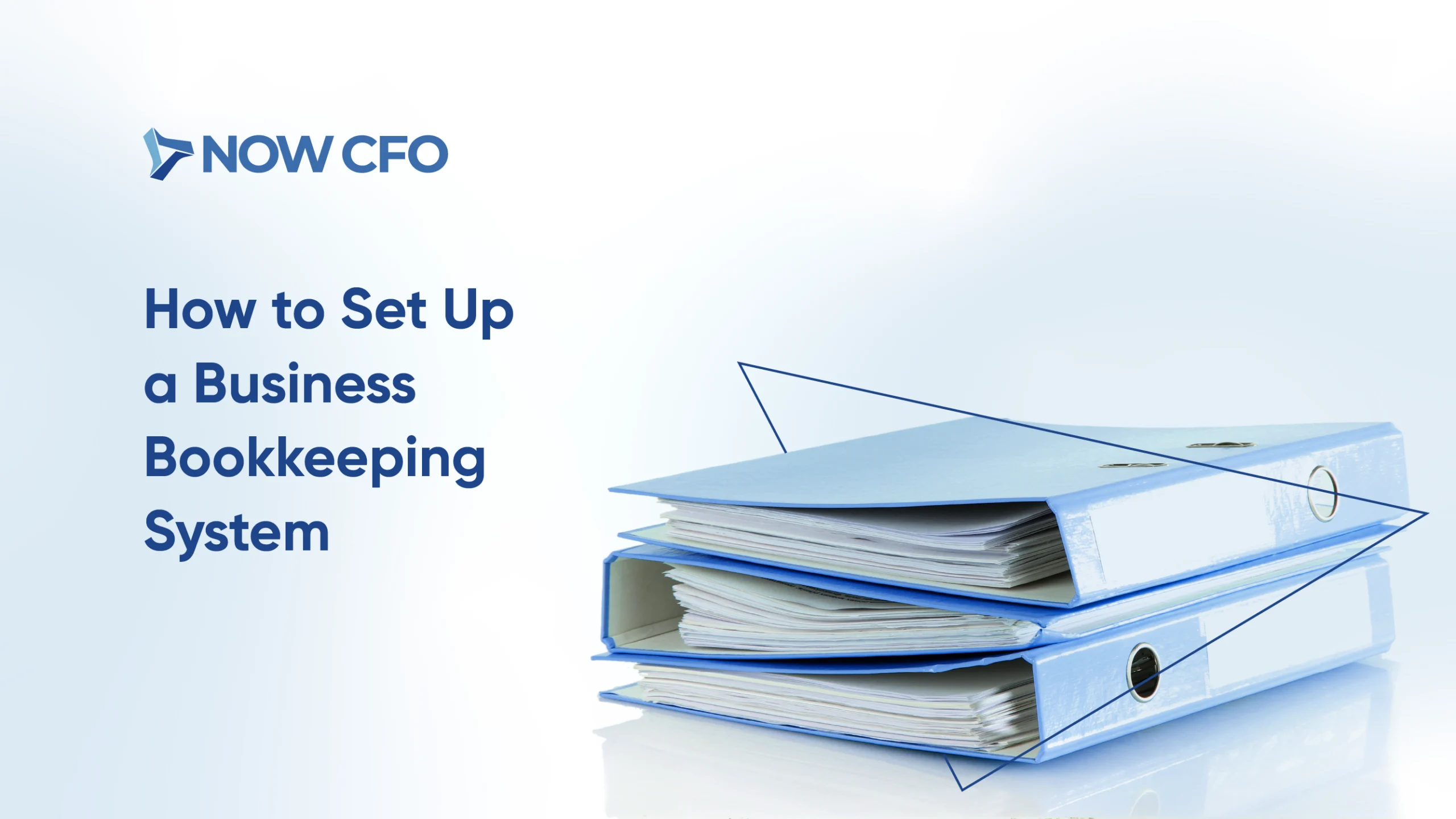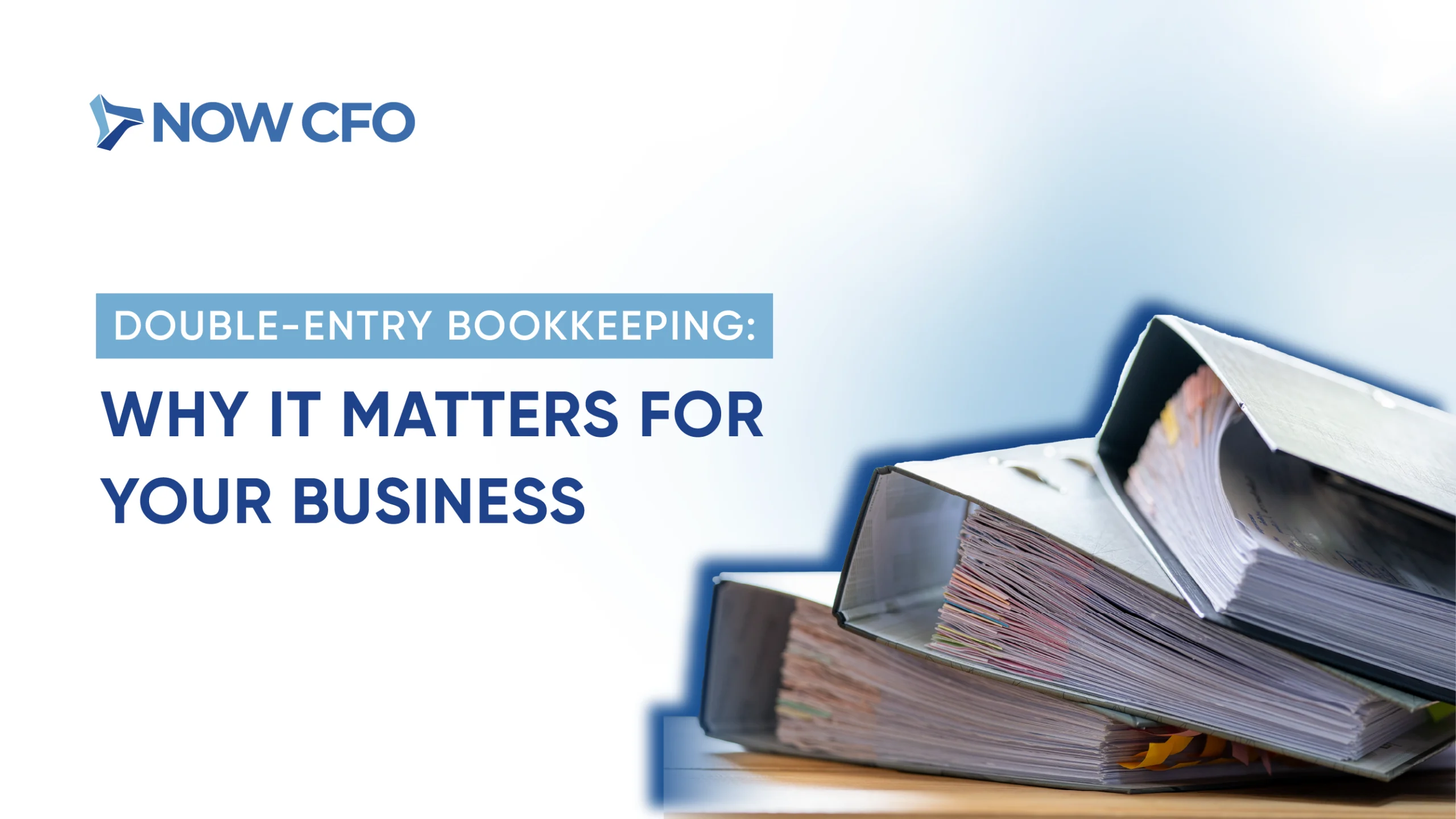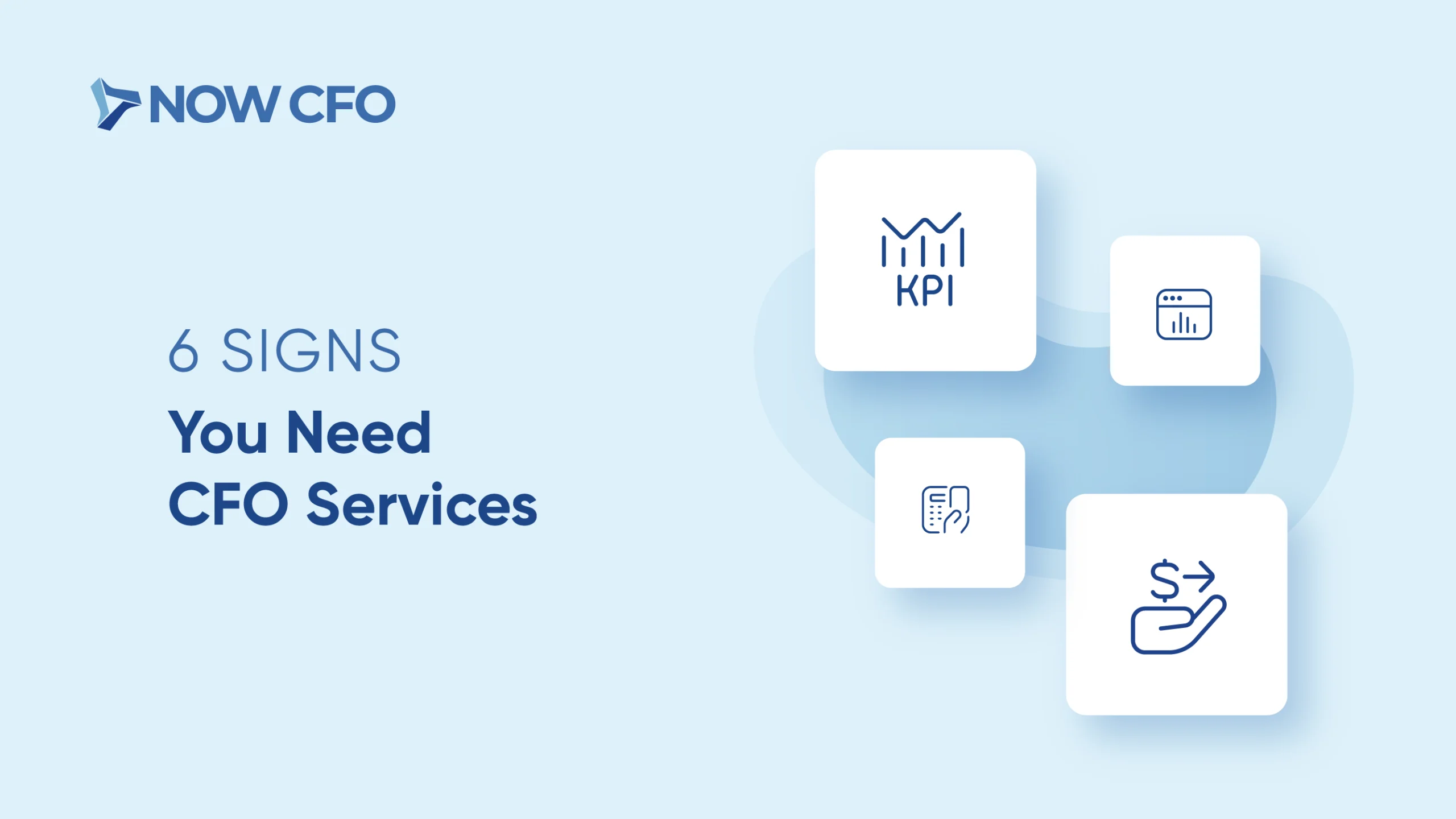
Some of us have never even opened a bank statement. In the age of online banking, you can see what money you have and how much of it you’ve spent with the touch of a button. Opening your bank statement seems like the kind of thing your grandmother would do at the kitchen table on a Sunday afternoon with the checkbook open next to her. In the business world though, your monthly bank statement is intrinsic to tracking your business’s financial health—after all, you can’t know where you’re going unless you know where you’ve been. Here is everything you need to know about how to reconcile your company’s bank statements when they come—and maybe even a couple things you don’t.
What is Bank Reconciliation Statement (BRS)?
Bank Reconciliation Statement is the process of ensuring that a company’s records agree with the monthly statement put out by their bank or financial institution. Your bank statement will tell you what the bank balance was at the beginning of the month, any deposits made to or withdrawals made from the account and what the bank balance is now that the month is over. Keep in mind, though, that the bank statement will only include transactions that were made through the bank.
The company ledger should show all the deposits to and withdrawals from the company accounts during a specific period—usually the space of a month. Most companies keep their ledgers on accounting software like QuickBooks and this record serves as a sort of assistant to the understanding and approval of an accountant. Ideally, the only thing that should need to be added to the company record from the bank statement is any service charges or fees the bank charged you this period.
How do I do it?

A successful Bank Reconciliation Statement usually involves four steps.
Step 1: Compare the Deposits
Comparing the deposits and withdrawals that make their way in and out of your business should be the first thing you do when you get your bank statement. Match your business records to your bank records, then make note of checks that show as cleared on the statement on your ledger or in your accounting software. At this point, you should account for any timing differences in your budgets, like those checks you wrote on the 30th that won’t actually clear until after the month has closed out. These will appear as a transaction in a different reporting month on the bank’s end.
Step 2: Accounting for Bank Statement Differences
Add any deposits in transit and outstanding checks to the amounts. Do the ledger and the bank statement match now? Use this step to account for any mystery debits that you don’t have a record of—any differentiation becomes an error you’ll need to “reconcile.”
Step 3: Adjust the Cash Account
Put any legitimate bank charges or service fees included on the statement into your ledger. Also, be sure to include non-sufficient funds or any mistakes you’ve made in your ledger that appear correctly on the bank statement. Any other errors that need to be reconciled should also be noted during this stage.
Step 4: Compare the Balances
At the end of your reconciliation, the adjusted amounts should be the same. If they’re not, you’ll need to complete the reconciliation process again to find out why. Explore any unknown differences or mystery debits to be sure you can explain and adjust for them. For example, did the bank make a mistake or is it a mistake in your own records? If it’s a banking mistake, you’ll need to alert them to the mistake using their specific protocols. Common bank errors include entering an incorrect amount or omitting an amount altogether.
Why should I do it?
Reconciling your bank statements, when done thoroughly and often, keeps a business running smoothly. With proper BRS, your business will be able to detect payment errors like missed payments, double payments and errors in calculation shortly after they happen and long before they affect your yearly or quarterly budget-to-actuals. Your BRS can also be a helpful supplement for tracking the status of your accounts payable and accounts receivable. You’ll be able to tell which payments have and have not cleared based on what shows on the statement. BRS is also a great way to determine whether your bank or financial institution is charging exorbitant or unreasonable fees and either contest them or find a new financial institution long before their fees and charges have a negative impact on your finances.
Perhaps most importantly, a regular bank reconciliation statement can help you avoid embezzlement and fraud within your company. For example, are your bank statements and company records not adding up and you can’t account for the missing money or mystery charges? Employees that are in a prime position to commit fraud often exhibit warning signs, which you can learn more about here.
When should I do BRS?
You should be doing a bank reconciliation statement every time you get your monthly statement from the bank at a minimum. How frequently you should reconcile your books can also depend on the size of your business. For example, businesses with a significant number of transactions should reconcile their records daily. Of course, in this instance, you wouldn’t be able to wait for your monthly bank statement, but you could use resources like the online record of your account to reconcile your daily transactions.
If you prefer to do a three or five-day close at the end of the month, you’re likely closing your books long before your bank statement is even available. The online record of your banking transactions would also be a great resource for reconciling your books before you close them at the end of the month. However, if you’re doing a three or five day close, you’ll also need to keep timing issues in mind for next month’s reconciliation—so if you’re cutting a check
on the 30th of the month, it may not clear your financial institution until after you’ve already closed your books for the month.
Who should do it?
The person who reconciles your books at the end of the month should not be the same person who writes checks. It also shouldn’t be the person who applies client payments to the accounts as they come in. This can create a prime environment for embezzlement and other forms of fraud, because the person who is committing the fraud and the person who ensures the books match the bank might just be the same person—an easy way to start cooking the books.
In many small to medium businesses, the accounting department is only one or two people. In this case, bringing in a third-party accountant is a great way to ensure that a person who is not intimately involved with your finances is the one making sure everything is square. This person would have only the level of access to your banking records that you give them, granting them the ability to look at your books and raise red flags that someone closer to the initial transactions may not catch.
To learn more about the many third-party accounting services NOW CFO offers, contact us here!
Get Your Free Consultation
Gain Financial Visibility Into Your Business
We provide outsourced CFO, fractional CFO, and temporary CFO, Controller, Audit preparation, Bookkeeping services and operational Accounting services that suit the needs of your business.
- Hourly Rates
- No Hidden Fees
- No Long Term Requirements
NOW CFO provides the highest level of expertise in finance and operational accounting to accelerate results and achieve strategic objectives for sustainable growth and success.
After completing the form, a NOW CFO Account Executive will reach out and learn more about your needs so that we can pair you with the right Partner.
Learn More: How To Complete a Bank Reconciliation
















